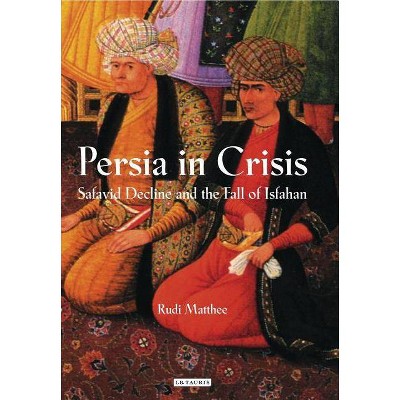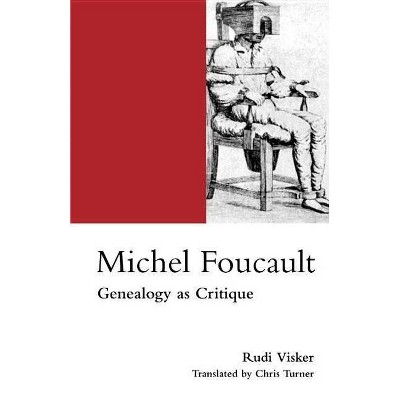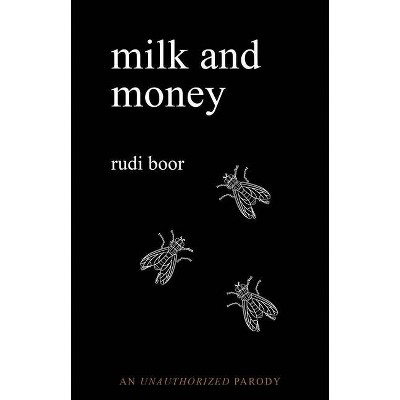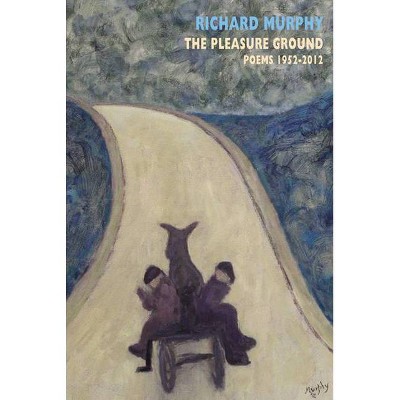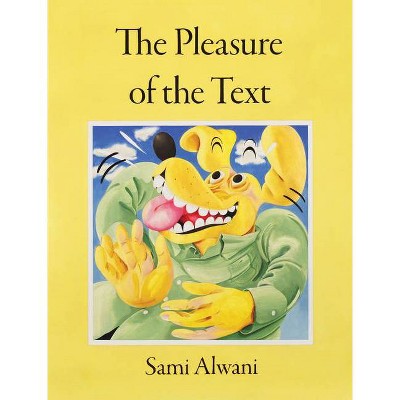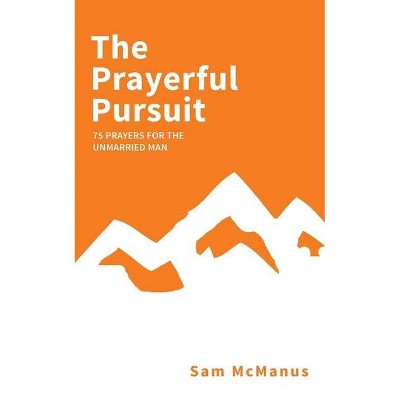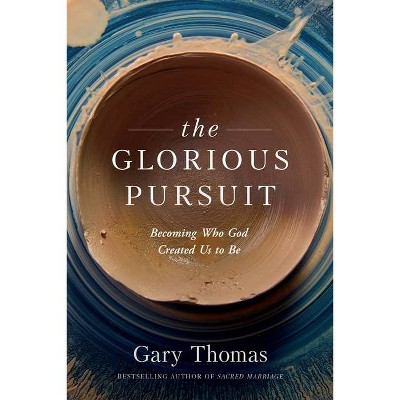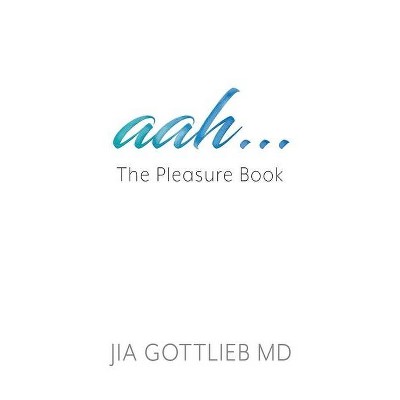The Pursuit of Pleasure - by Rudi Matthee (Paperback)
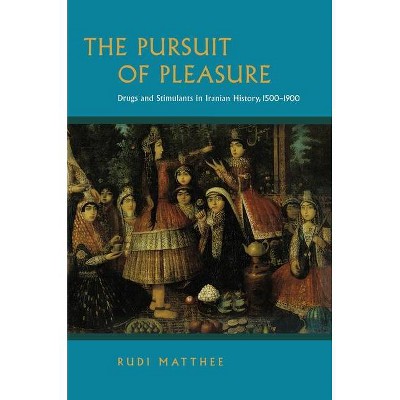
Similar Products
Products of same category from the store
AllProduct info
<p/><br></br><p><b> Book Synopsis </b></p></br></br><p>From ancient times to the present day, Iranian social, political, and economic life has been dramatically influenced by psychoactive agents. This book looks at the stimulants that, as put by a longtime resident of seventeenth-century Iran, Raphaël du Mans, provided Iranians with <i>damagh</i>, gave them a kick, got them into a good mood. By tracing their historical trajectory and the role they played in early modern Iranian society (1500-1900), Rudi Matthee takes a major step in extending contemporary debates on the role of drugs and stimulants in shaping the modern West. <p/>At once panoramic and richly detailed, <i>The Pursuit of Pleasure</i> examines both the intoxicants known since ancient times--wine and opiates--and the stimulants introduced later--tobacco, coffee, and tea--from multiple angles. It brings together production, commerce, and consumption to reveal the forces behind the spread and popularity of these consumables, showing how Iranians adapted them to their own needs and tastes and integrated them into their everyday lives. <p/>Matthee further employs psychoactive substances as a portal for a set of broader issues in Iranian history--most notably, the tension between religious and secular leadership. Faced with reality, Iran's Shi`i ulama turned a blind eye to drug use as long as it stayed indoors and did not threaten the social order. Much of this flexibility remains visible underneath the uncompromising exterior of the current Islamic Republic.</p><p/><br></br><p><b> From the Back Cover </b></p></br></br><p>"This excellent, well-written book is likely to become a classic work on the subject of drugs and stimulants both in Iran and the wider Islamic world. It will have a readership far beyond those individuals interested principally in Iranian or Middle Eastern studies. The author not only discusses the use of the commodities but he also analyzes the social practice of consumption, the persistent tension between social practice and religious norms exemplified by the use of and attitude toward wine, drugs, and stimulants, and the ways in which Iranian consumption was related to the shifting patterns of international trade."<b>--Stephen F. Dale, Ohio State University, author of <i>The Garden of the Eight Paradises: Babur and the Culture of Empire in Central Asia, Afghanistan, and India (1483-1530)</i></b></p><p/><br></br><p><b> Review Quotes </b></p></br></br><br>As a work of social and economic history, this book sets a high standard. . . . [M]ost readers will be more than satisfied by this lucid, precise, and information-packed volume.<b>---Richard W. Bulliet, <i>American Historical Review</i></b><br><br>This is an extremely successful foray into the social history of Iran in the early modern period. This is a very rich and readable book. It is especially good at showing the wider significance of the pursuit of pleasure.<b>---Michael Pearson, <i>Itinerario</i></b><br><br>Winner of the 2006 Albert Hourani Book Award<br><br>Winner of the 2006 Saidi-Sirjani Award, International Society of Iranian Studies<br><p/><br></br><p><b> About the Author </b></p></br></br><b>Rudi Matthee</b> is Professor of History at the University of Delaware. He is the author of <i>The Politics of Trade in Safavid Iran: Silk for Silver, 1600-1730</i>.
Price History
Price Archive shows prices from various stores, lets you see history and find the cheapest. There is no actual sale on the website. For all support, inquiry and suggestion messagescommunication@pricearchive.us
